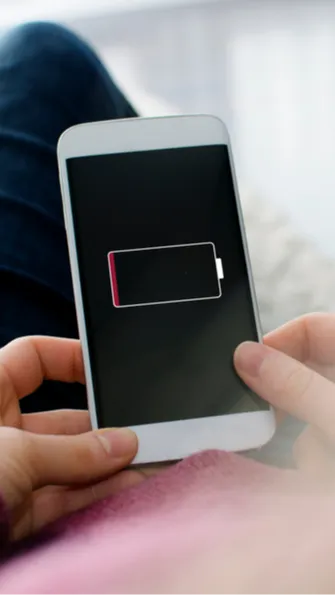


The project, supported by the UK government as one of several semiconductor startups that promise to bring the UK to the forefront of the tech industry, promises significant change.
The chip is designed to consume very little energy, based on creating a silicon chip processor that requires almost no power.
This means the need for better batteries will be reduced, improving smartphone battery life.
"If they can actually deliver on those outrageous claims, it means you'll have a phone that lasts a month instead of a day," Sean Redmond, Silicon Catalyst UK chief executive.

This could be a revolutionary step in the world of technology, where size and battery life are key factors. While semiconductor technology has become the "bedrock" of the modern world, according to the UK Ministry of Technology, this project shows great potential in changing how we interact with everyday technology.
While still in the development stage, the concept is up-and-coming. Researchers at Cambridge are working to overcome some of the technical issues that may arise during the development of the chip. However, if successful, it could significantly change the landscape of mobile technology.

As well as extending the battery life of cell phones, the project also includes developing chips to help with debilitating brain conditions, such as Parkinson's.
Semiconductor technology has developed rapidly over the past few years, and researchers hope to achieve some significant advances in the coming years and months.
This project holds the key to addressing one of the significant problems smartphone users face, and it could be a highly breakthrough.
This is notes